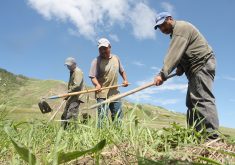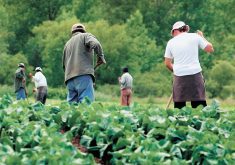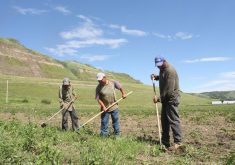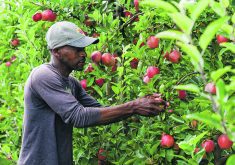UPDATED – January 30, 2025 – 1500 CST – Glacier FarmMedia – Canada’s temporary foreign worker (TFW) program is “inherently exploitative and discriminatory,” and violates Canada’s international obligations according to a report from human rights group Amnesty International, released today.
The report, titled “Canada has Destroyed me”: Labour Exploitation of Migrant Workers in Canada was based on interviews conducted with 44 migrant workers from 14 countries in Ontario and Quebec. It claims some of the cases amounted to violations of domestic anti-slavery and anti-trafficking legislation.
Canada’s TFW system been under close scrutiny recently, with Immigration Minister Marc Miller calling it the end of an era in which the program provided an “unlimited supply of cheap labour.” His comments followed several reforms to the program, including limitations to numbers in areas with low unemployment and stricter oversight in “high-risk areas.”
Read Also
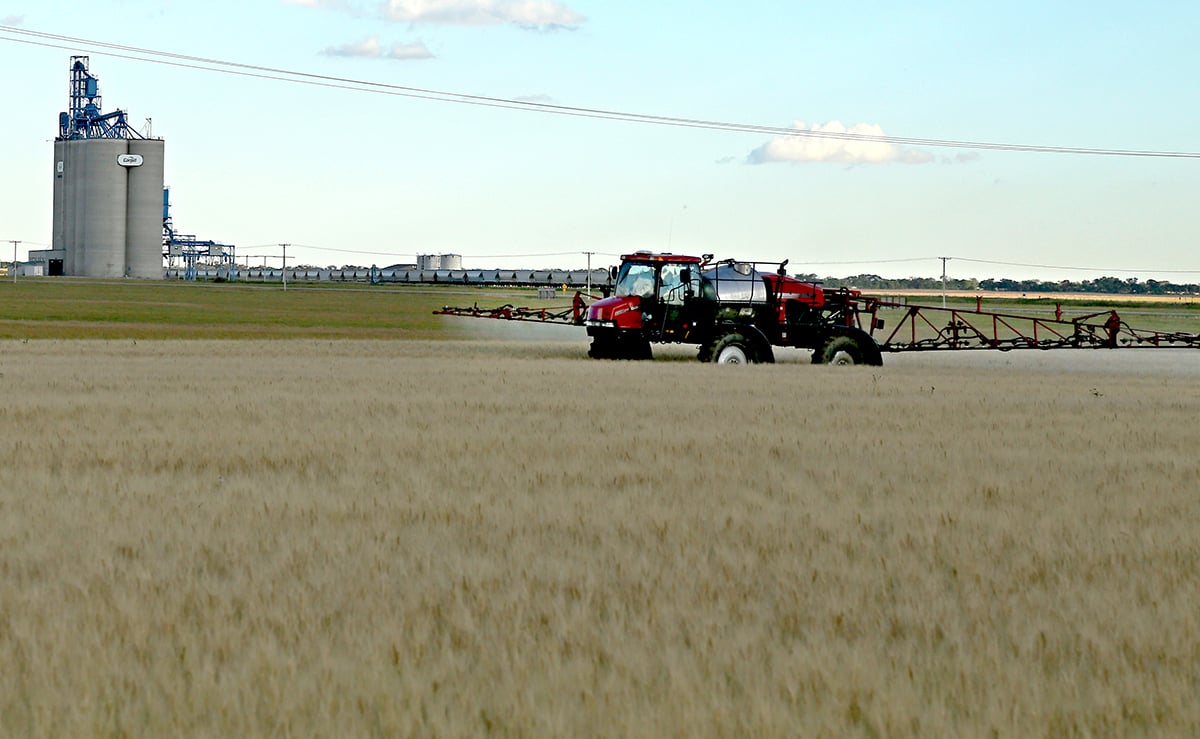
Ottawa urged to speed up regulatory reform
Industry representatives urged government agencies to do more to reduce red tape and reform regulations as the House of Commons standing agriculture committee’s study on that topic got underway late last month.
Amnesty’s findings follow closely a report from a United Nations special rapporteur on modern slavery, who called the TFW program a “breeding ground for contemporary forms of slavery” in 2023. The Ontario Fruit and Vegetable Growers Association took issue with accusations of slavery saying that, while there are always improvements to make, it doesn’t support employers who mistreat workers.
Additionally, a Senate report from May called for a coordination of migrant labour policy by an independent agency.
“Our report, which we are extremely proud to launch with (Amnesty) today, echoes what civil society organizations, unions, advocates, and more importantly, migrant workers have been saying for years,” said Ketty Nivyabandi, Secretary General for Amnesty International Canada said.
“It does not and cannot come as a surprise to Canadian authorities. Canada has known about the profound gaps, the profound injustices that are in the temporary foreign worker program for years.”
Amnesty’s report also concluded Canada’s system features racial discrimination, given the makeup of migrant workers primarily coming from Central America and the Caribbean, saying “the regulations, which are on their face race-neutral, have in fact, disproportionate impacts on racialized groups.”
“The temporary work visas granted under this program are mostly granted to Black, Latin American, Indigenous or other racialized populations,” said France-Isabelle Langlois, Executive Director of Amnesty International Francophone Canada via a translator. “The overrepresentation of certain cultural groups is … an integral part of the program.”
One of the main demands from groups like Amnesty and the U.N. special rapporteur is for Canada to offer clearer paths to permanent residency for migrant workers.
Amnesty offered several recommendations based on their findings. A key point, shared by the U.N., is a clearer path to permanent residency for workers.
“Amnesty International … calls on the federal and provincial governments to abolish all eligibility criteria of permanent residency that discriminates against low-skilled migrant workers,” Langlois said.
The written report calls for the federal government to grant TFW program participants open work permits and abolish closed permits, to allow workers the ability to “change employers and jobs freely.”
Nivyabandi said closed work permits “increase the risk of exploitation. “She said instead of addressing this, the government “has responded with misguided reforms, some of them cosmetic, such as reducing the number of people in the temporary foreign worker program.”
Other recommendations include working with provincial authorities to improve TFWs’ access to healthcare and adequate housing and ensuring migrant workers have ways to voice complaints and report cases of human rights abuses.
— Updated Jan. 30. Adds details throughout.







